Flying may feel routine for many, but airplanes are still shared public spaces, and behaving respectfully makes the journey better for everyone. Flight attendants—the people who spend thousands of hours in the sky—have seen it all. Here are 10 things they say you should absolutely avoid doing on a plane.
1. Wearing Contact Lenses
The dry cabin air can irritate your eyes, and contact lenses only make it worse. On long flights, switch to glasses instead. They’re more comfortable, and you’ll be glad you brought along some moisturizing eye drops, too.

>> Want to Travel Alone? This is How to Start!
2. Joking About Bombs or Terrorism
Never, ever joke about bombs, weapons, or terrorist threats—even sarcastically. These remarks can lead to serious consequences, including fines, police questioning, or being banned from flying. Airports and airlines take such threats seriously for everyone’s safety.
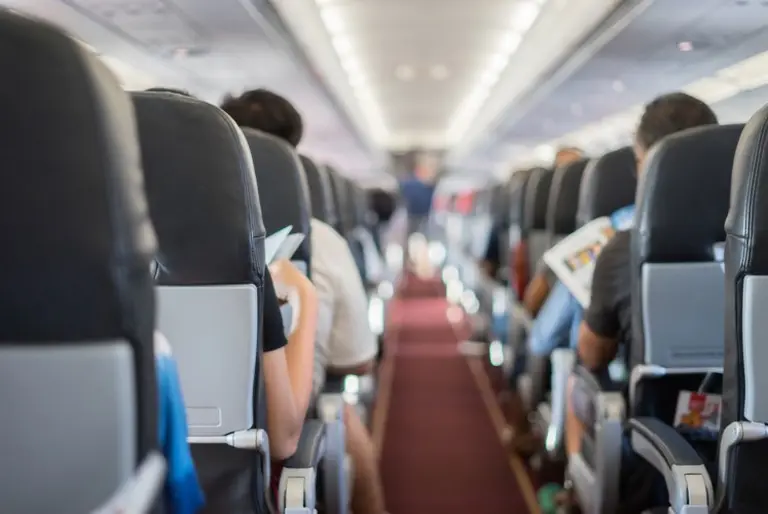
3. Putting Your Feet on Seats or Walls
Your airplane seat is not your living room. Placing your feet on the tray table, seat in front, or cabin walls is not only unsanitary but also incredibly disrespectful. Think about how you’d feel if someone walked into your office and propped their feet on your desk!
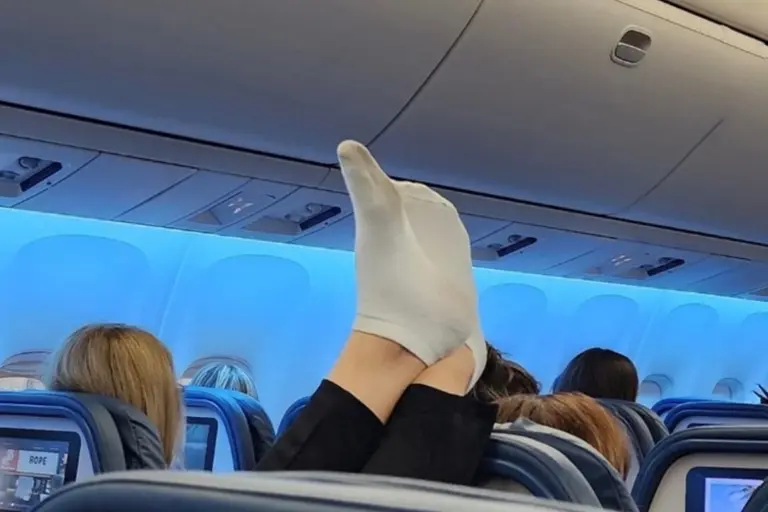
>> A guide to comfort and safety while backpacking
4. Taking New or Unfamiliar Medication
Avoid trying any new medication for the first time while flying. If you have an allergic reaction or unexpected side effect, you’ll be thousands of feet above ground with limited medical support. Always test new medications on land and bring only doctor-approved prescriptions on board.

5. Reclining Your Seat During Mealtime
There’s no official rule against reclining your seat while food is being served—but it’s common courtesy to keep it upright. Reclining can make it difficult for the person behind you to eat. Be kind; everyone’s trying to make it through a tiring flight.
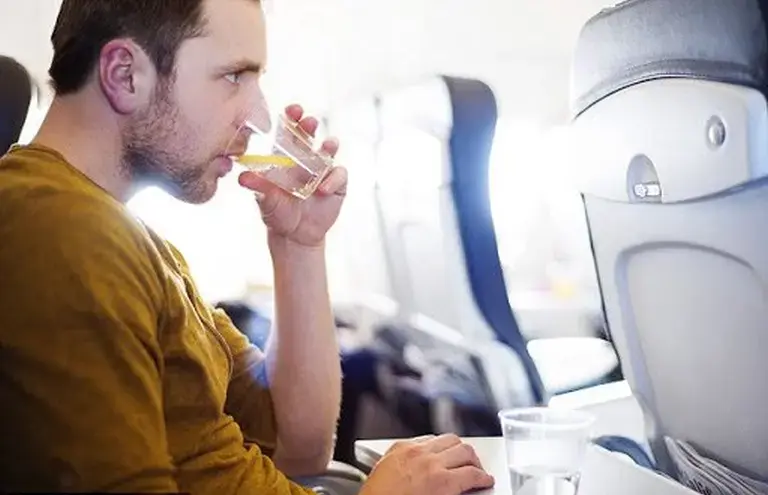
>> 10 Reasons for Traveling Light
6. Covering Your Ears Improperly During Takeoff or Landing
Blocked ears during takeoff and landing are caused by pressure changes—not noise—so simply plugging your ears won’t help. Instead, chew gum, yawn, or try the Valsalva maneuver (pinch your nose, close your mouth, and gently exhale). These methods help equalize the pressure more effectively.
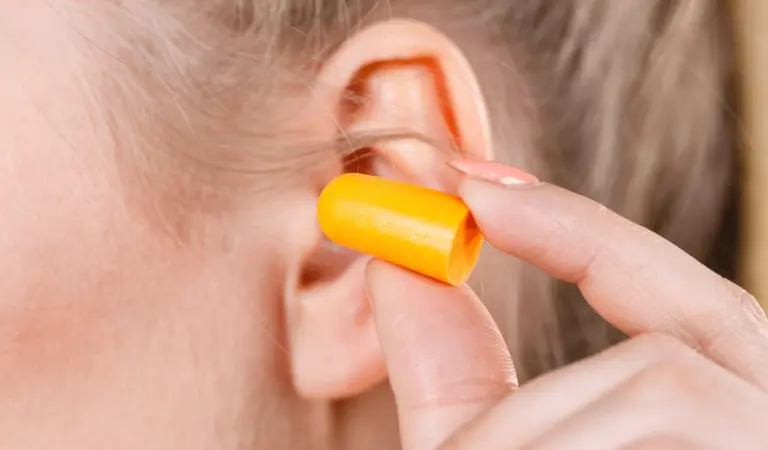
7. Ignoring Safety Demonstrations
Even if you’re a frequent flyer, pay attention to the safety briefing. Knowing the emergency exits, life vest location, and seatbelt usage could save your life in rare but critical situations. Listening shows respect for the crew—and yourself.
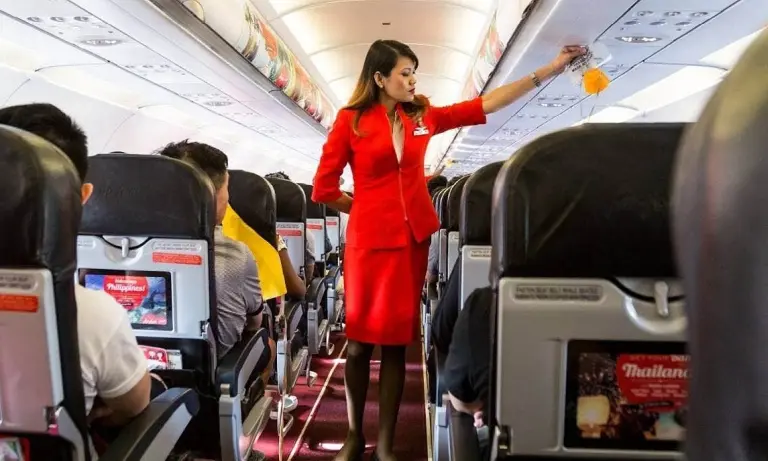
>> Travel Alone: How to plan for the trip
8. Eating Strong-Smelling Food
Bringing pungent food onboard might satisfy your cravings, but it could ruin the flight for others. Garlic, fish, or heavily spiced meals can linger for hours in the cabin air. Stick to neutral-smelling snacks to keep the peace in the sky.

9. Flying with a Blocked Nose
A congested nose can increase pressure in your ears, risking pain or even injury during altitude changes. If you must fly with a cold, bring nasal spray and use it before takeoff and landing. If you have sinusitis or upper jaw inflammation, consult your doctor—it can be dangerous to fly with untreated conditions.

>> Travel medical insurance – Things you need to know
10. Stashing Luggage in Other People’s Overhead Bins
Try to place your carry-on in the bin above your own seat. Everyone needs space, and taking someone else’s spot without asking can cause unnecessary tension. If overhead compartments are full, ask the flight attendants—they’ll guide you to an appropriate place for your bag.
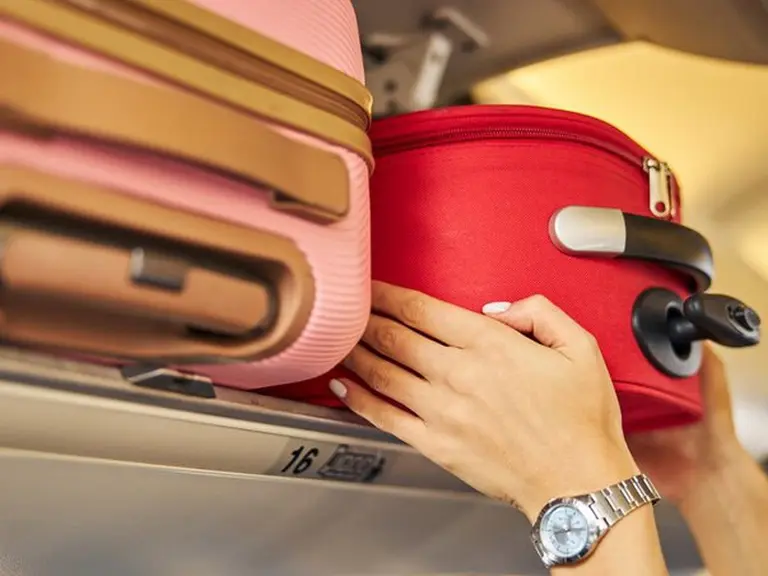
Travel Smart, Fly Smarter
Being a polite and informed passenger doesn’t just make the crew’s job easier—it makes your flight smoother and more enjoyable for everyone around you. Little things go a long way in shared spaces, especially when you’re 35,000 feet in the air.
If you found these tips helpful, follow our blog for more in-flight etiquette, travel hacks, and behind-the-scenes airline stories!






